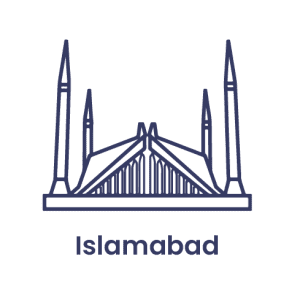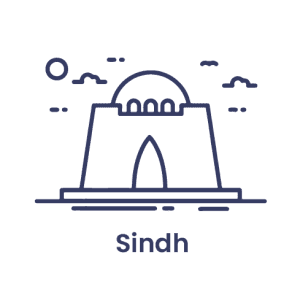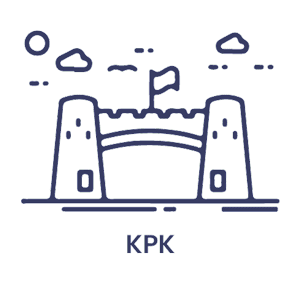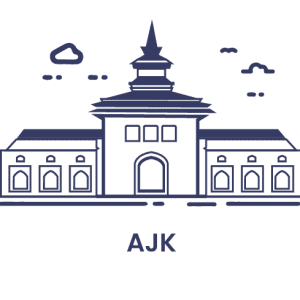Digital learning experiences should:
- Cater for all learner’s individual needs
- Increase access to the curriculum content
- Enhance skills for communication, critical thinking, creativity and collaboration
Health and Safety
- All electrical equipment should be regularly checked and kept in good working order.
- Enriching the Curriculum
Pupils should be given opportunities to use digital technology as a resource to support their knowledge and understanding of the cultural, scientific, mathematical, economic, environmental, historical and linguistic characteristics of the curriculum and to develop digital skills when presenting their work.
The “Five E’s” Across the curriculum, at a level appropriate to their ability, learners should develop their digital/ ICT skills to:
Engage Learners should be able to:
- Make connections between past and present learning
- Demonstrate interest and thinking
- Generate their own questions.
Explore Learners should be enabled to:
- Access and manage data and information
- Research, select, process and interpret information
- Investigate, make predictions and solve problems through interaction with digital tools
Explain Learners should be enabled to:
- Create, develop, present and publish ideas and information using a range of digital media
- Create information and multimedia products using a range of assets.
Elaborate Learners should be enabled to:
- Communicate using a range of contemporary methods and tools
- Share, collaborate, exchange and develop ideas digitally.
Evaluate Learners should be enabled to:
- Talk about, review and make improvements to work, reflecting on the process and outcome
- Consider the sources and resources used
Throughout all of this work, learners should understand how to keep safe and display acceptable online behaviour.
Where appropriate, learners will have opportunities to use digital/ICT resources to carry out:
- Individual work
- Group activities
- Pair work
When working on the computer, it is important that all learners are engaged on task and can see the screen comfortably, therefore no more than three children will work together at one computer.
Learners may share in a computer-led activity where an interactive whiteboard, AV projector is used.
All learners should have planned opportunities to use digital/ICT resources at a level appropriate to their ability.






